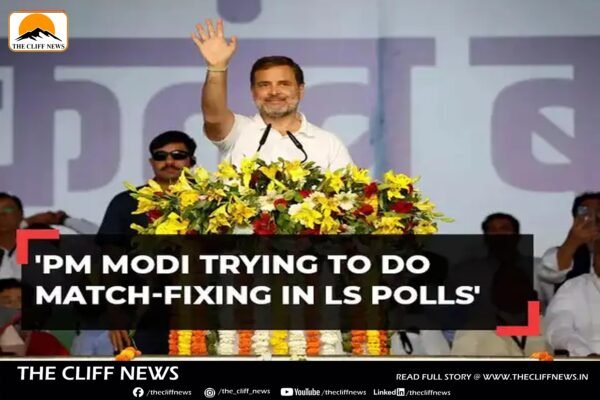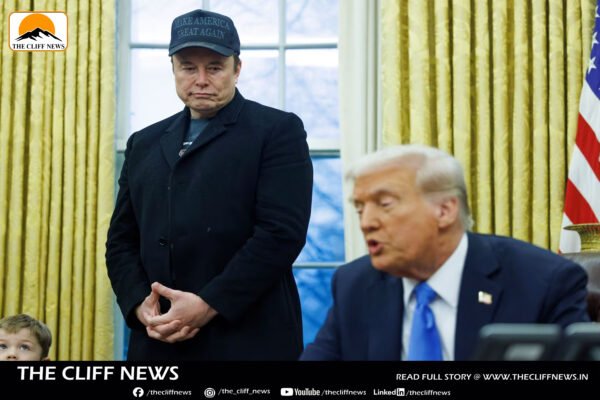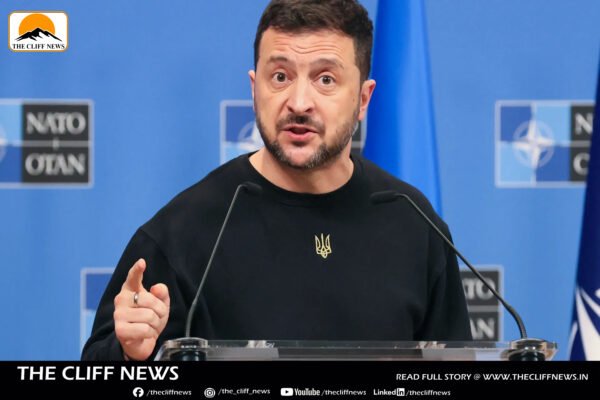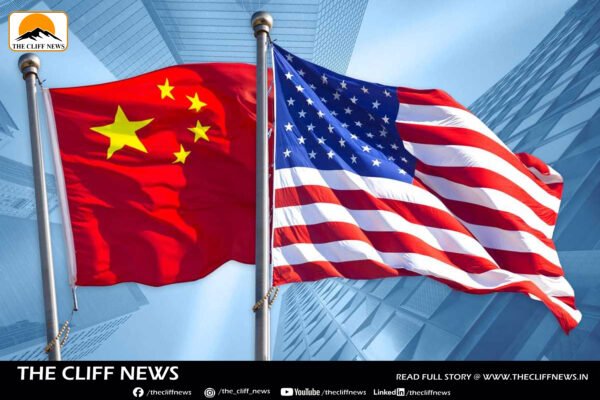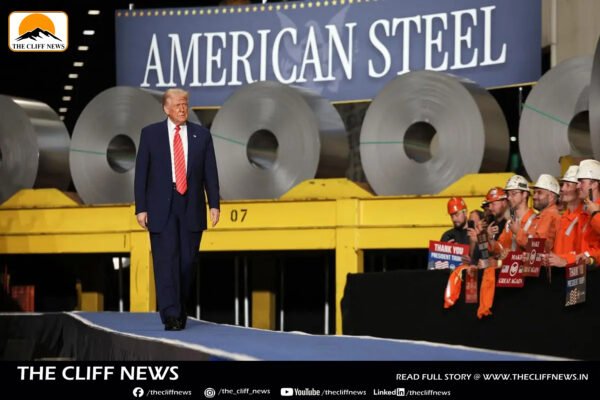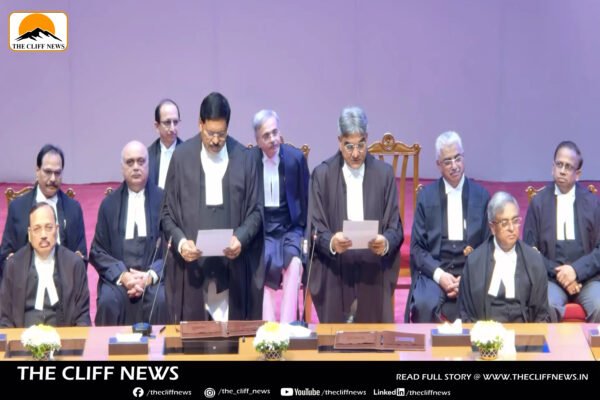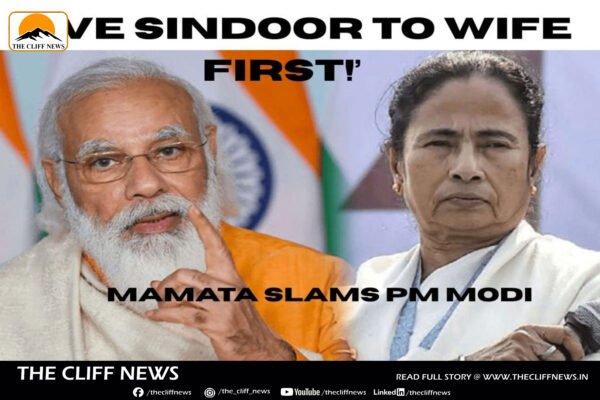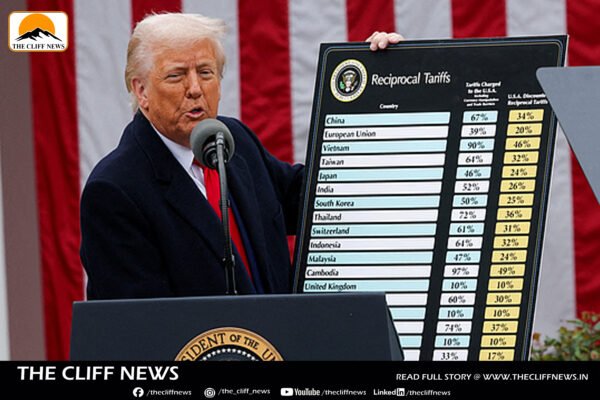राहुल गांधी का आरोप: “महाराष्ट्र चुनाव 2024 में बीजेपी ने लोकतंत्र को हाइजैक किया”
कांग्रेस नेता राहुल गांधी ने 2024 के नवंबर में हुए महाराष्ट्र विधानसभा चुनावों को लेकर भारतीय जनता पार्टी (BJP) पर गंभीर आरोप लगाए हैं। उन्होंने कहा कि इन चुनावों में बीजेपी ने “मैच फिक्सिंग” करके लोकतांत्रिक प्रक्रिया को कमजोर किया और सत्ता हासिल की। बीजेपी, एकनाथ शिंदे की शिवसेना और अजीत पवार की एनसीपी वाली ‘महायुति’ गठबंधन ने कुल 288 में से 235 सीटें जीतकर राज्य के इतिहास की सबसे बड़ी जीत दर्ज की। बीजेपी अकेले 132 सीटों के साथ सबसे बड़ी पार्टी बनकर उभरी। राहुल गांधी ने एक लेख और सोशल मीडिया पोस्ट के ज़रिए बीजेपी पर “चुनाव चुराने” का आरोप लगाते हुए पांच-चरणीय साजिश का ज़िक्र किया। उन्होंने इसे “चुनाव में धांधली का ब्लूप्रिंट” बताया। राहुल गांधी द्वारा बताए गए पांच कदम: राहुल गांधी ने अपने लेख में लिखा, “यह मामूली स्तर की धोखाधड़ी नहीं, बल्कि एक औद्योगिक पैमाने पर की गई साजिश है जिसमें हमारे राष्ट्रीय संस्थानों को कब्ज़े में लिया गया है।” चुनाव आयोग की नियुक्ति पर विवादगांधी ने 2023 में केंद्र द्वारा पारित Election Commissioners Appointment Act पर सवाल उठाया, जिसमें चयन समिति से भारत के मुख्य न्यायाधीश को हटाकर एक केंद्रीय मंत्री को शामिल किया गया। उन्होंने कहा कि इससे निष्पक्षता खत्म हो गई और कार्यपालिका को अनुचित लाभ मिला। वोटर लिस्ट में अचानक वृद्धि पर सवालराहुल गांधी ने दावा किया कि 2019 के महाराष्ट्र विधानसभा चुनावों में मतदाता संख्या 8.98 करोड़ थी, जो 2024 लोकसभा चुनावों में बढ़कर 9.29 करोड़ हुई। लेकिन केवल पांच महीनों में यह आंकड़ा बढ़कर 9.70 करोड़ पहुंच गया। उन्होंने इस वृद्धि को ‘संदिग्ध’ बताया और कहा कि इससे फर्जीवाड़े का अंदेशा होता है। बीजेपी प्रवक्ता तुहिन सिन्हा ने राहुल गांधी के आरोपों को “शर्मनाक और निराधार” बताया। उन्होंने कहा, “राहुल गांधी बार-बार हमारे संवैधानिक संस्थानों को बदनाम करने की कोशिश करते हैं। चुनाव आयोग ने हर बार इन विषयों पर विस्तार से सफाई दी है।” चुनाव आयोग की सफाईचुनाव आयोग ने कहा कि वोटर लिस्ट में वृद्धि युवाओं की बढ़ती भागीदारी और मतदाता जागरूकता अभियान का परिणाम है। लेकिन राहुल गांधी ने इसे भी ‘बयानबाज़ी’ करार दिया और कहा कि इसमें कोई पारदर्शिता नहीं है। विपक्ष की स्थितिविपक्षी महा विकास अघाड़ी (MVA)—जिसमें कांग्रेस, उद्धव ठाकरे की शिवसेना (UBT) और शरद पवार की एनसीपी (SP) शामिल थीं—सिर्फ 50 सीटें ही जीत पाईं। यह उन नेताओं के लिए एक बड़ा झटका रहा, जिन्होंने हाल ही में अपने-अपने दल और चुनाव चिह्न गंवाए थे। निष्कर्ष:राहुल गांधी के आरोप महाराष्ट्र चुनाव परिणामों को लेकर नई बहस छेड़ते हैं। उन्होंने चुनावी संस्थाओं की निष्पक्षता पर सवाल उठाए हैं, वहीं बीजेपी और चुनाव आयोग ने इन आरोपों को खारिज किया है। आगामी समय में यह मुद्दा संसद से लेकर अदालत तक गूंज सकता है।
